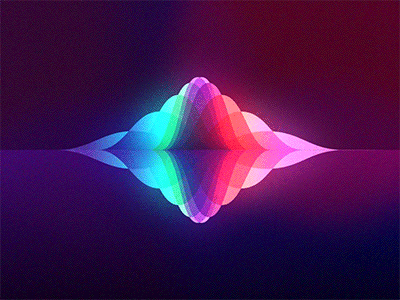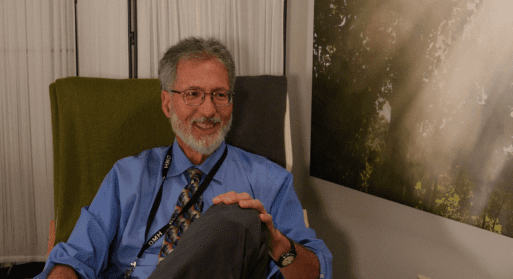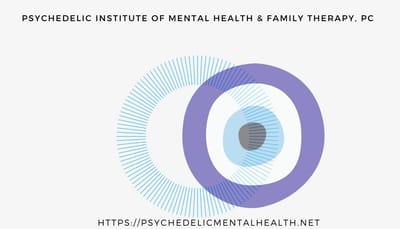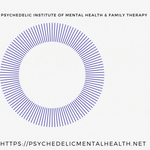Considering the critical role music has on the psychedelic experience and mental health

This is a song by Dead Can Dance, a critically discussed and acclaimed band, name-dropped in an interview about the NYU Psilocybin study as the catalyst for one of the participants to access a place of deep healing. Consider also the icaros of the Shipibo during their ayahausca ceremonies, or even putting on music that energizes your sexuality or puts you in a space to be able to study effectively, or that makes you cry when you think of love lost. You can identify music that does this in any language, and there are people in every culture who study and learn these types of evocative sounds to help your mind build an inner world. The authenticity of which you find and curate these songs for your personal inner world or to help others access their inner worlds better, is more robust when we can fully consider how the delivery of these sounds from their sources to your inner world have been exploitative as well as allowing the existential experience of recognizing how these songs help you access something deeper within yourself, knowing that the thing you’re delighting in is the flower of something that, although psychedelic, has prickly stems and roots from which it blooms in your mind in the here and now. That’s a long-winded way to say that- in curating music, we have to be careful to honor the source material.


How Can Psilocybin Help Hospice Patients Facing End-of-Life?
When choosing curated music experiences in our approach, we want to honor the magical spark of creativity that made these sounds spring forth, and let that take us outside of our own worry about the next zoom meeting or your student loan debt, or your sexual malfunction. Choosing music with words you can’t quite grasp, yet feel deeply, and instrumental compositions that feel other-worldly, and which do not tie you to a particular cultural moment in time on THIS planet. The experience tends to be described as a feeling of being part of a bigger picture, beyond “me”, or other, or family, group, culture, ethnicity, etc. Music can help you tune into something only to then release you from any sense of tuning in at all, a feeling something novel, yet familiar. When you’re able to access that, there is sometimes a bodily, somatic release. (Those jerks and twitches you get just as you’re falling asleep, for example). If you find your body moving with a beat as you are feeling internal waves of emotion, we know the maker of these sounds knows what they’re doing.
Curating music for psychedelic-assisted psychotherapy, we do our best to find sounds that come from authenticity with the least amount of harm or exploitation in getting those sounds to you. We recognize some of these songs may be made by people or within cultures who have been harmful to LGBTQ2S people, or exists within structures that continue to oppress indigenous minorities around the world, and by shining a light on these things we can be aware and cautious in how we lift some to the detriment of others, and strive to shine the light ahead for everyone.




